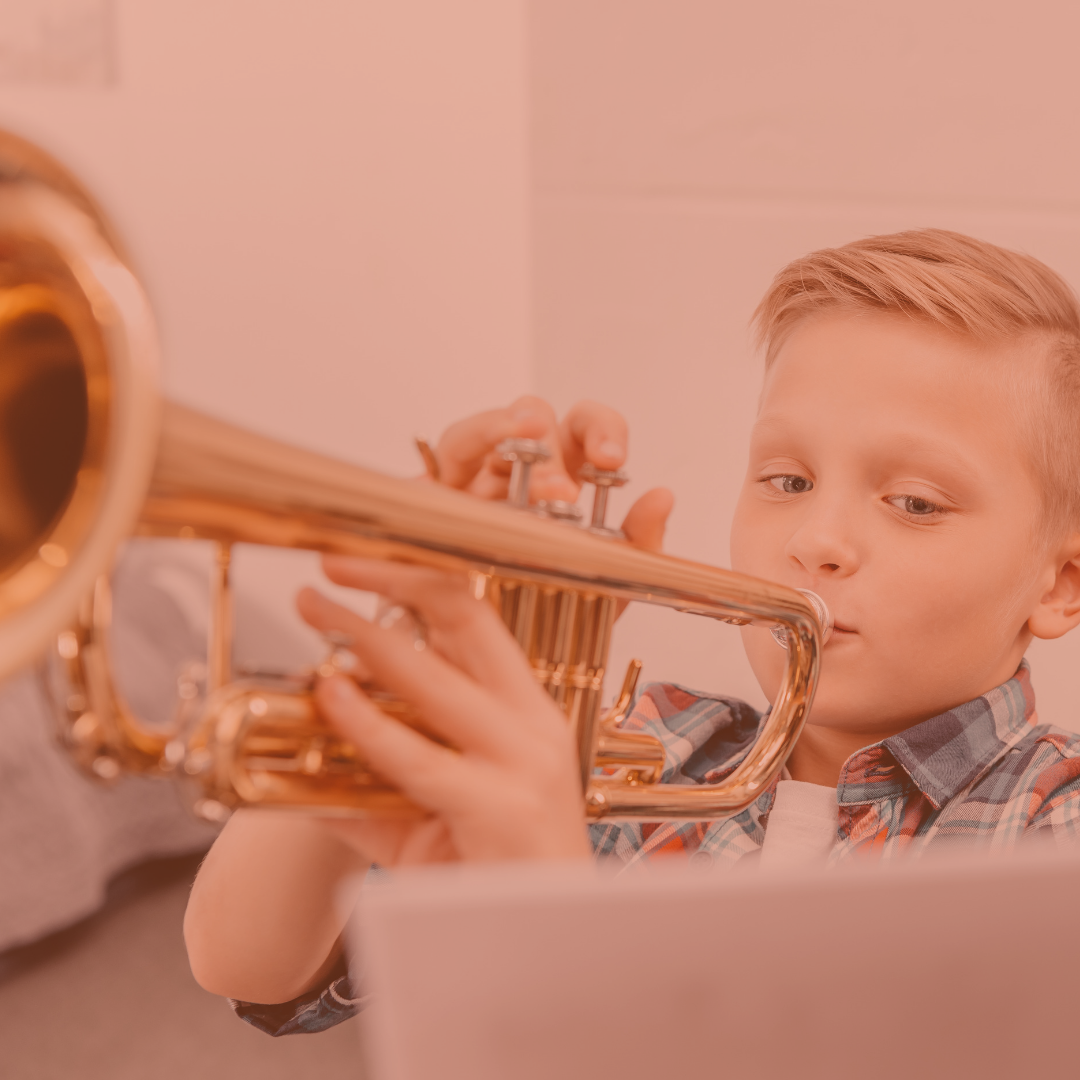
Six Common Practice Problems and How to Solve Them
Not fully understanding the music
If the student doesn’t understand parts of the piece they are assigned they may give up on practicing because it’s too hard. Be sure to introduce new skills slowly and methodically. For example don’t assign a piece where they will be learning new chords and new rhythms at the same time. If a piece is more challenging it’s often helpful to only practice one hand at a time at a slow tempo.
Inadequate practice chair/stand
Pianos are built for adult-sized people to play, so when we have young kids at the piano it’s important to make adjustments. Kid’s should have something to rest their feet on if their feet cannot touch the floor. This can be solved with a foot stool, or even a plank used for step aerobics. They should also be high enough on the chair so their arms are parallel with the floor and they are not reaching up for the keys. Many piano benches are adjustable and can be brought up high enough.
If you use a keyboard on a stand make sure the stand is sturdy and not wobbling back and forth while the student plays. Also make sure it’s at the correct height.
Distracting environment
Is your student’s sibling in the the same room playing video games while practice is going on? Or is your student trying to practice in the middle of a play date? If possible, put the piano or keyboard in a quiet room where there won’t be distractions of TV, other kids, phone calls etc.
Uninteresting repertoire
It’s important to assign music that will develop your student’s musical skills to the fullest extent, but if they are not finding these pieces exciting to play make sure to find supplementary material. If they are resistant to sightreading, mix it up with flashcards and games before you play the piece. Often times the only reason they don’t want to read music is because it is too challenging for them. If your student loves a particular song off the radio, teach them the chords and use the opportunity to discuss intervals and triads. Any song, no matter how simple can be used as a learning opportunity.
Wrong time of day
We all know that life can get pretty darn busy, and practice can fall to the end of the list on some days. It’s unrealistic to expect a child to focus on practice at 8pm after a long day of activities. Take a realistic look at your schedule and remember that piano isn’t just an activity once a week when the teacher comes- there should be at least 5 other days in the week of practice time. Often times it works better to practice before school. If there are days that are just too busy for practice it’s better to consider those off days than to force it and make practice a stressful activity. Plan when your best times for practice are and try to stick with a routine. The more a student practices the more fun they will have because they’ll be playing for the joy of music, not just figuring out notes.
Not enough praise
We expect a lot of our students, but it’s important to remember that the fact that they are even sitting down to practice is a feat in itself. While it’s important to gently point out mistakes and areas where your child can improve, make sure they know how proud you are that they are keeping up with a consistent practice routine!